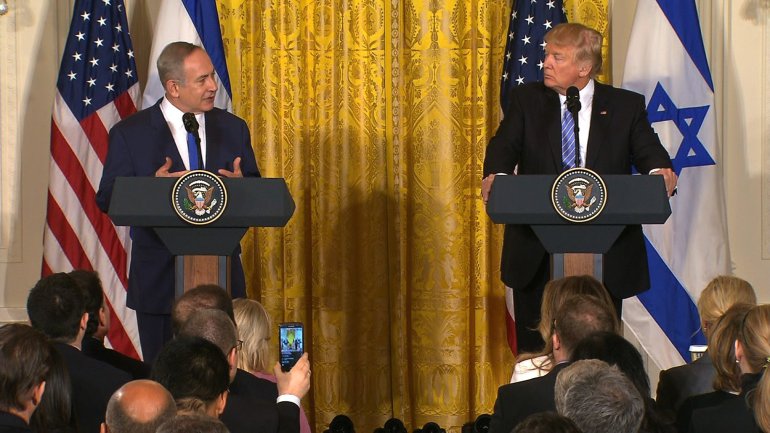Editor’s Note: This is the seventh in a series of nine stories surrounding current events of different cultures at Niles West as a part of International Week.
On Friday, Jan. 27 President Donald Trump signed an order suspending the entirety of the U.S. refugee system. The executive order included a suspension on the Syrian refugee program, in addition to barring entry to people from seven Muslim-majority countries: Iran, Iraq, Libya, Somalia, Sudan, Syria and Yemen.
Following the implementation of the travel ban, opposition rose across America. Citizens dubbed this order the “Muslim ban.” In airports such as John F. Kennedy International Airport in New York and Chicago’s O’Hare, people with legal documentation and even legal U.S. citizens were detained, prompting lawyers to work overtime and pro-bono for the individuals being held in airports across the country.
“As a refugee from the Middle East, I feel awful for the people who were sent back or detained, especially those who had legal documentation,” senior Sarah Fouad said. “To see people being held for hours, even despite there being an order allowing them out is very heart-breaking.”
The ban arguably continues a growing prejudice towards people of nations in the Middle East, especially after Trump’s presidential campaign which was built on a rhetoric of Islamophobia and xenophobia.
“I think that the Muslim ban just reinforces hate and feeds into a growing misconception about Middle Easterners,” junior Kristos Wasouf said. “Many people in places like Syria and Yemen are desperately trying to escape wars that have devastated their lives. Many westerners hear the word ‘Arab’ or ‘refugee’ and become afraid because of the rising Islamophobia and xenophobia that rose due to Trump presidential campaign.”
On Thursday, Feb. 16, President Trump spoke with Israel’s prime minister, Benjamin Netanyahu, in Washington D.C concerning the Israeli-Palestinian conflict that is still continuing in the Middle East. Despite years of Democratic and Republican administrations pursuing U.S. diplomacy with general support for Israel, Trump proposed that the cultural debacle would be left to Israel and Palestine to solve between themselves.
“I’m looking at two-state and one-state and I like the one that both parties like. I’m very happy with the one that both parties like,” Trump said.
During his presidential campaign, Trump made promises to make an “ultimate deal” regarding the conflict, and his neutrality towards the subject seems to contradict his guarantees. In fact, Trump’s views seemed to greatly reflect those of Israel’s government, as he failed to speak much on the goals of the Palestinian administration.
Currently, the Middle East is a high-crime zone; disregarding the “Muslim” ban and issues of American influence and intervention in the area, terrorist organizations and problems are abundant in the countries that make up the Middle East.








